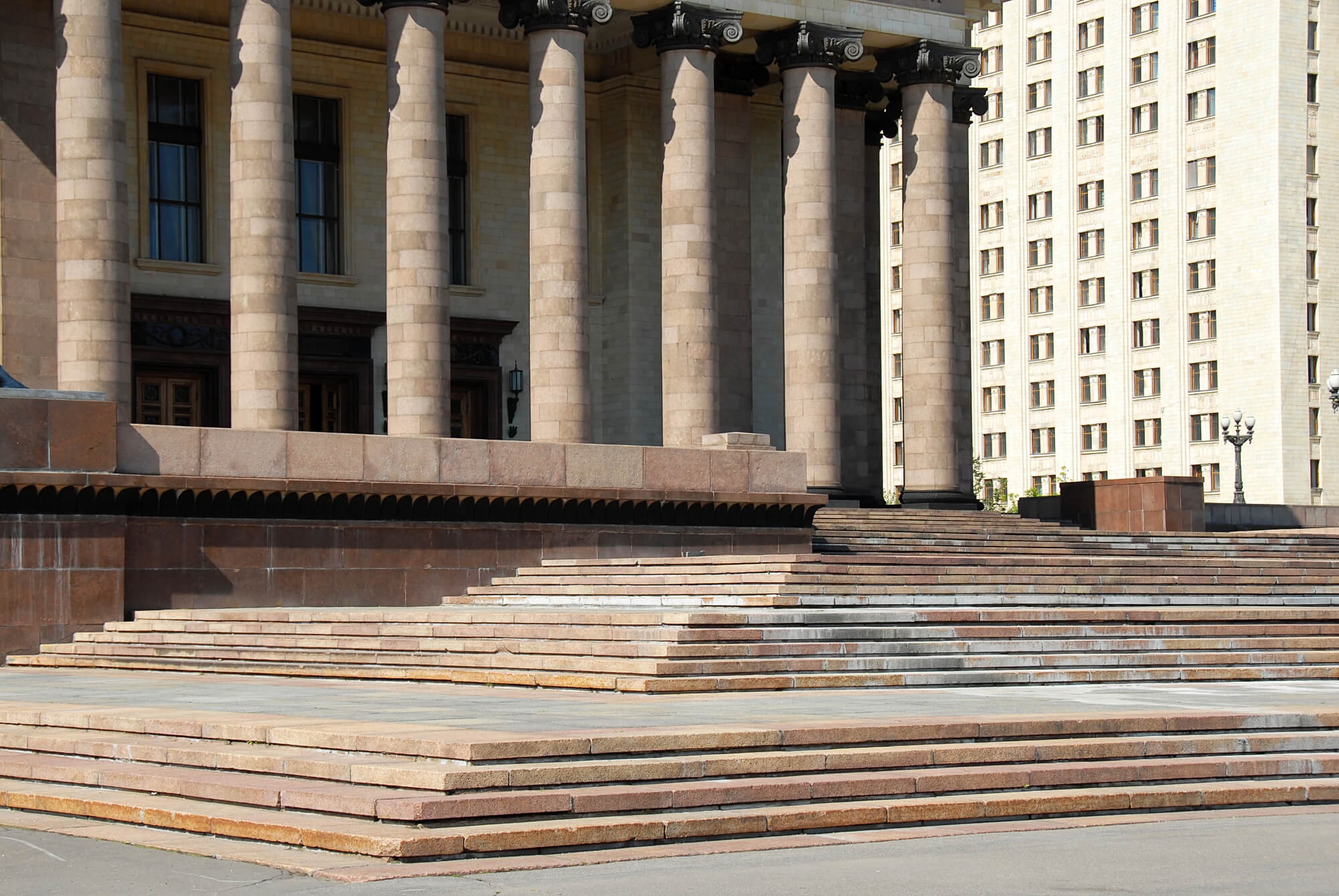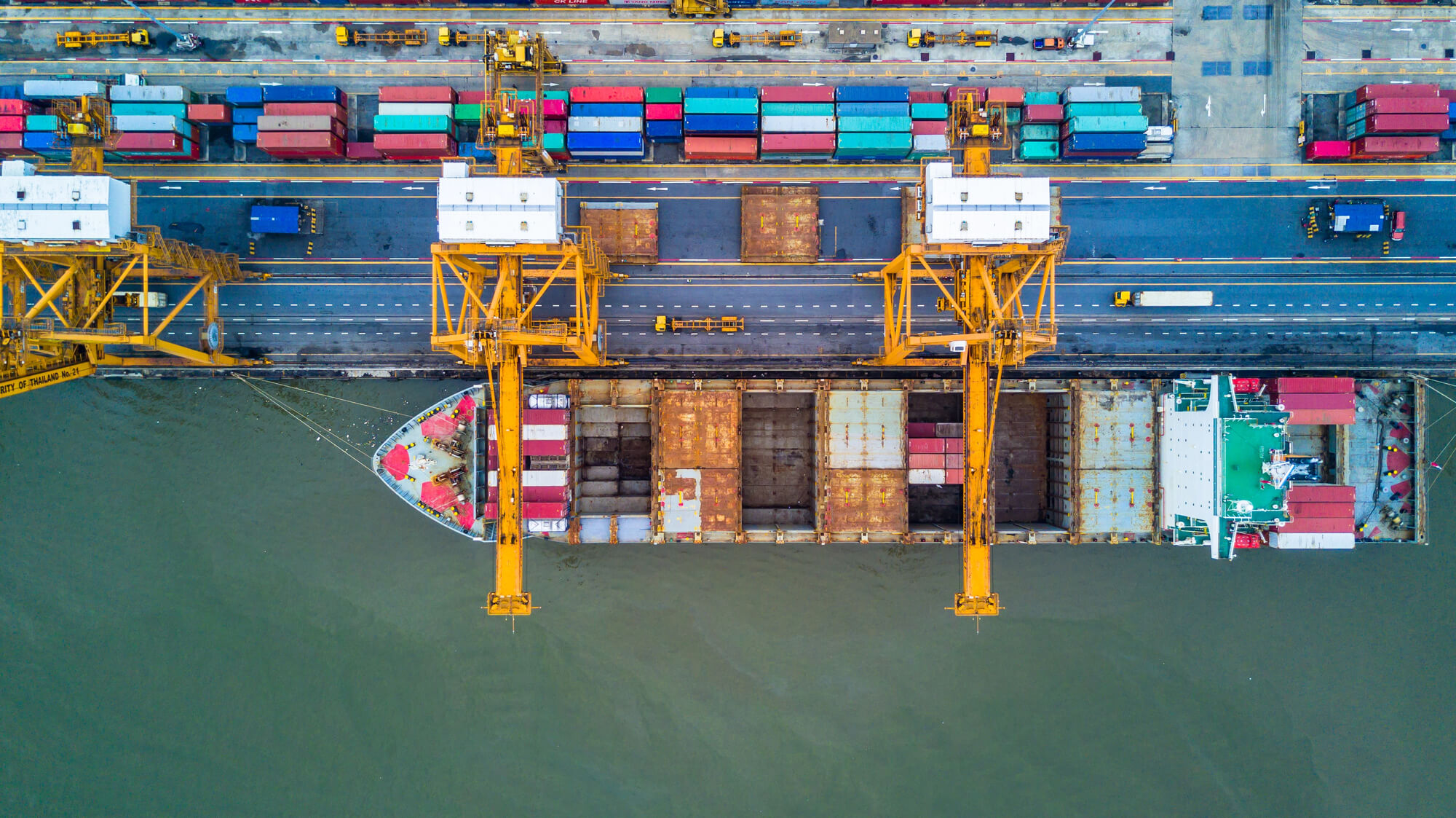Russian oil revenues today are higher than in 2021. It’s time to change the sanctions policy.
Next year, Russia’s military expenditures will be at least $145 billion, 25% more than this year. This has the following implications. First, Russia is determined to continue destroying Ukraine, encouraged by the weak response from Western countries, so any talks about negotiations are futile. Putin is sure that with the help of China, North Korea, and Iran, he can win the war of attrition against democracies. Second, despite being the most sanctioned economy in the world, Russia is able to get the necessary technology and components with the help of China and Central Asian countries, but also because the West prefers to look the other way (e.g. if German exports to Kyrgyzstan increase more than 10 times, it is obvious that Russia is behind this). Third, Russia still earns enough money to obtain Western technology (which continues to appear in its new weapons), even if it has to pay more for this technology. And the majority of this revenue comes from the sale of hydrocarbons, mainly from oil.
Indeed, although the price cap somewhat restricts Russian oil revenues, in 2024 it will earn $240 billion from oil and gas sales, which is more than it did in 2023 and much more than $119 billion in 2021. This bonanza allows Russia to produce enough weapons to not only destroy Ukraine but also to supply Iran, Hezbollah and the Houthis, who wage war in the Middle East.
It is clear that terrorist organizations and terrorist states, such as Russia, are not looking for negotiations. They will stop only if they are unable to wage the war. The way to stop Russia from waging war has two parts. First, technological sanctions, including software sanctions, should be strengthened considerably. Second, Russia’s revenue sources must be depleted, especially oil revenues, which constitute about 30%-40% of Russia’s state budget revenues.
How can countries opposed to Russia’s war do this? An obvious solution would be to stop buying oil from Russia altogether. However, China and India would continue buying it and re-selling (or selling oil products) on the world market. Some EU countries may also help undermine embargo. The second option would be to increase the supply of oil by other countries, i.e. Saudi Arabia, US, Norway, Brazil and others in order to lower the world prices and thus decrease Russia’s revenues. However, Russia makes profit on oil as long as the price is above $20 per barrel, and even with increased supply oil is unlikely to drop below $20 in the near future. Moreover, the Russian government plans on an average price of $70 per barrel next year, which suggests that the $60 price cap is not working as planned. Instead, Russia is using a shadow fleet of uninsured and decrepit oil tankers to circumvent the price cap, also posing a great danger for the environment.
While sanctions of the shadow fleet vessels should continue, controlling how the money that Russia receives from its oil sales is spent is more cost-effective. We support introducing an oil-for-food scheme for Russia, i.e. controlling Russian oil revenues in such a way that it cannot spend them on the war.
Specifically, we recommend the following:
- Disconnect all Russian banks from the SWIFT network;
- Open one escrow account to which revenues from Russian oil sales would go. To avoid the mistake of Iranian oil-for-food program, where the account was open in a bank that had ties with Iran, this account should be open in a bank with good governance and absolutely no ties to Russia;
- Compile a list of goods that the Russian governments would be able to purchase with the money from this account. For example, food, medicine, and even luxury goods can be allowed, but all the electronics must be banned;
- Hire a team with no Russian ties to vet the import transactions of the Russian government. This team should be able to both review the documents and inspect goods on-site (e.g. at the Russia-EU border) to make sure that only allowed goods are shipped to Russia. This team can be compensated from the account;
- A share of the revenues should be used to support Ukraine, so that the aggressor rather than EU or US taxpayers pay for the damage that Russia inflicted on the Ukrainian infrastructure and economy.
There should also be a mechanism targeting potential evasion schemes related to these sanctions. For example, India or China may have incentives to trade directly with Russia rather than via the escrow account described above. Therefore, one should establish a mechanism to reward whistle-blowers who uncover transactions between Chinese or Indian banks and Russian banks. These whistleblowers can be offered relocation and permanent residence permits to the EU or US plus some remuneration from the same oil revenue money. At the same time, banks that facilitate any direct transactions should be subject to large fines or other penalties. These fines can also be used for the remuneration of whistleblowers.
This scheme has several advantages over the price cap. First, Russian oil will be legally delivered to buyers. Second, it will allow democracies much more control over Russian imports. Third, “ordinary Russians” will not suffer, because the Russian government will still be able to import humanitarian goods. Implementing this procedure would show that EU and US governments are seriously trying to stop the war, rather than sitting and waiting until Russia destroys Ukraine.
Attention
The authors do not work for, consult to, own shares in or receive funding from any company or organization that would benefit from this article, and have no relevant affiliations





